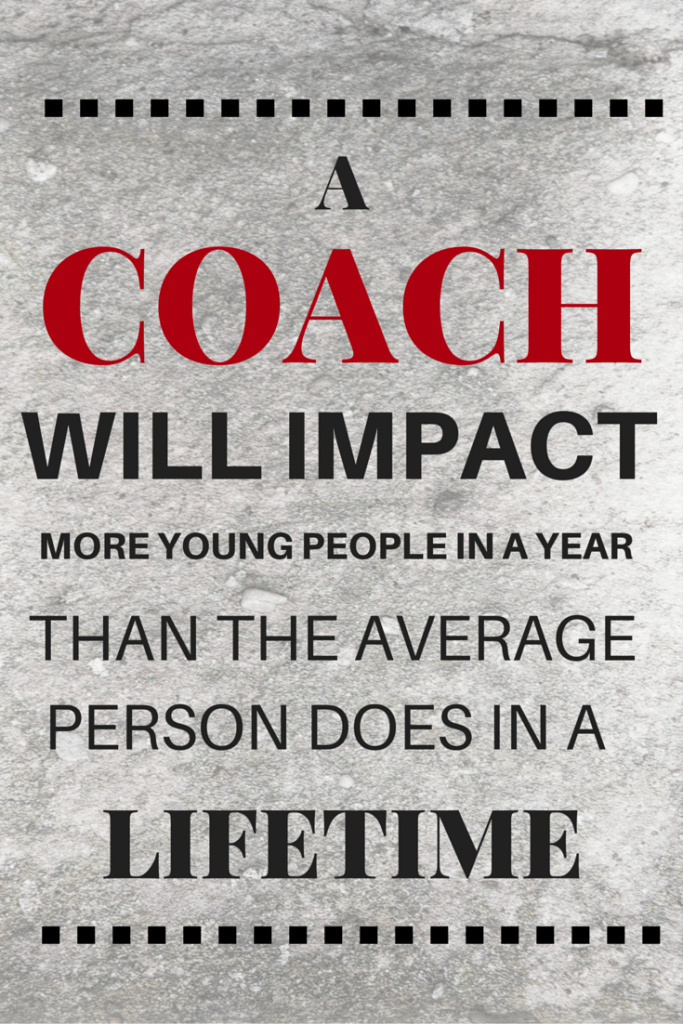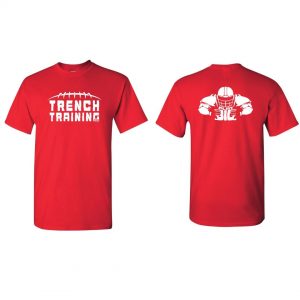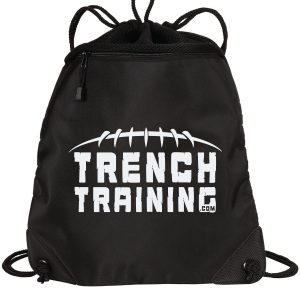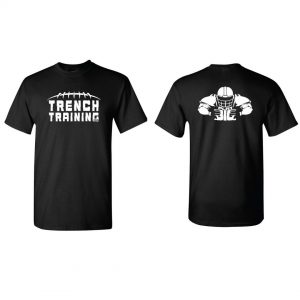
Advantages of Being a Multi-Sport Athlete
A multi-sport athlete will always have advantage over those who specialize in one sport.
Specialization in youth sports has become the norm across the United States.
Parents are pushing harder than ever to “make” their child a star.
Only about 2% of high school athletes are awarded scholarships each year to NCAA colleges and universities.
Those are not good odds for your athlete.
Want a quick reality check regarding your budding scholarship athlete?
Check out this article from CBS Money Watch: 8 things you should know about sports scholarships.
I feel incredibly fortunate to have earned a scholarship to play football at the University of Wisconsin-Madison.
However, I almost made a terrible mistake as a high school junior.
My Story About Being A Multi-Sport Athlete
When I was a junior in high school I realized that I had a good chance to earn a football scholarship.
It was an exciting time but it was also a very confusing time.
I played 3 sports from the time I was 9 years old; football, basketball and baseball.
Football wasn’t even my favorite sport.
I actually liked playing basketball and baseball more than football.
However, I knew that football would offer me a way to go to college.
Prior to the start of the basketball season my junior year I was convinced that I needed to focus on football.
I was not going to try out for the basketball or baseball teams and instead spend my winter and spring in the weight room.
Luckily my parents and I had a conversation with a recruiter from the University of Wisconsin before I made that decision.
That recruiter told me that not playing basketball and baseball would be a terrible mistake.
He gave me 2 reasons that I should remain a multi-sport athlete.
2 Reasons To Be A Multi-Sport Athlete
1. Cross training.
Every sport you play requires speed, agility and power.
Building those 3 areas are done the same way regardless of what sport you play.
However, there are physical differences in the way that sports are played.
For example, football and baseball involve more short bursts and less endurance.
Basketball and soccer involve more endurance training and less short bursts.
As a multi-sport athlete, your body is conditioned differently in different sports.
You are going to train your body differently in sport with regards to speed, agility and power.
That variation in training while playing one sport sport can help you see improvements in other sports.
In my case playing basketball improved my agility and endurance in ways that “working out” could never do.
Playing baseball worked my hand-eye coordination. There’s nothing in a weight room that would have given me that training or experience.
2. Competition.
That Wisconsin recruiter really drove this point home and it has stuck with me ever since.
Every athlete should take advantage of EVERY chance they get to complete.
We only get so many chances to compete in sports. It’s a finite number.
Competition in sport teaches us things that we CANNOT learn any other way.
The experience, pressure, and adversity that we face in competition are invaluable to an athlete.
Competition helps us develop our character, build our leadership ability and teach us how to be good teammates.
None of these attributes can be truly learned outside of competition.
Great athletes ALWAYS take advantage of every opportunity to compete and then they look for more.
3 Dangers of Specialization in Sports
1. Increased risk of injury.
A Loyola University study showed that athletes that specialized in one sport were 70% more likely to be injured than children in multiple sports.
Overuse injuries make up a large percentage of sports related injuries for children.
A child’s body is still developing.
Overuse can lead to poor development and serious chronic injuries.
2. Higher likelihood of stress leading to burnout.
Children are not psychologically prepared for the stress we place on them regarding sports.
Specialization at an early age often involves a child “playing up” with older kids.
Most children are not ready mentally or socially to compete with older kids.
This can have a huge psychological effect on a child and actually be detrimental to their development.
3. Damages relationships.
There are 2 things to consider about how relationships can suffer in sports specialization.
First are the relationships of your child and other kids his or her age.
If your child is playing on select teams they are not likely playing with many of their friends.
Again with “playing up” they may not be playing with kids in their own grade.
Think about the impact of your child socially and the relationships that they are missing out on.
Second, and even more importantly, is relationship you as a parent have with your child.
You can’t just be “coach”.
You have to be mom or dad.
So many parents who have their children specialize at an early age end up with damaged relationships with their child.
Parents who drive their children for athletic perfection at a young age are creating massive amounts of stress on the children.
Can you imagine how kids must feel when they can’t live up to that perfection and they see disappointment or disapproval from a parent?
That can have a lasting effect on your relationship.
3 of the Greatest Multi-Sport Athletes
In the 2015 NFL draft, 224 of the 256 players drafted were multi-sport athletes in high school.
Here’s my list of 3 of the greatest multi-sport athletes of all time (and by the way… they were all football players).
Jim Thorpe – won Olympic gold medals, played college and professional football, played Major League baseball and had a basketball career.
Deion Sanders – Professional football and professional baseball. Only person to ever play in both the Super Bowl and the World Series.
Bo Jackson – played both professional football and professional baseball. Was an incredible player in both sports who unfortunately was limited by a hip injury.
Who is your favorite multi-sport athlete?
If you found value with this post please like, comment and share.
Let’s Play,
Coach Steve








